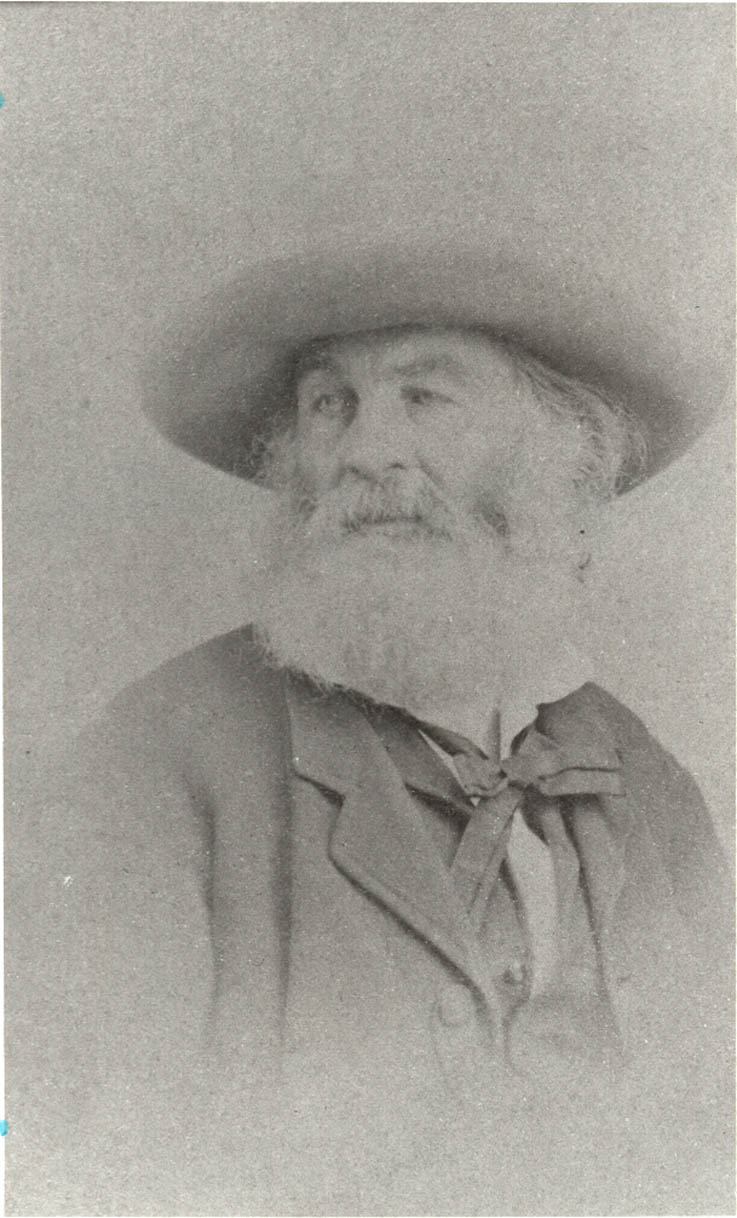Foreword
Whitman, writing about education, once commented that “good brains ancient & modern agree that what is nearest & commonest is always last to be realized.” Most of us spend our lives devoted to the distant and the abstract, only to recognize too late that the miracles all around us all the time are what we have deadened ourselves to. In this section, Whitman offers his most radical statement of democratic identity: “What is commonest, cheapest, nearest, easiest, is Me.” This is the poet’s credo: he will discover himself not in the exotic, the faraway, the difficult, or the costly, but rather in the common people he encounters every day and the animals that inhabit and enliven his world. Continuing his observation of animals from the previous section, he has here a momentary conversation with a “wild gander,” who speaks his “Ya-honk” to the poet, who listens “close” to it and (unlike the impudent or “pert” folks who are have learned to arrogantly disregard the sounds of birds), he finds something deeply meaningful in it.
The poet’s encounter with the “wild gander” is itself a “gander,” in the figurative sense of that word (“to gander” is to take a long look, to crane our necks like a goose in order to see all around us): Whitman ganders at the gander and translates its non-verbal cry into letters. It is an example of Whitman’s reverence for the natural world around him, a world of plants and animals that teaches us ways to see (and—as in the case of “gander”—ways to talk about how we see: if we are keenly observant, for example, we might be said to be “eagle-eyed” or “hawkeyed”). Birds flock throughout Whitman’s poem, which will end, as we’ll see, with a visit from a “spotted hawk.” He is always on the alert for encounters with animals, plants, and the natural world, and he is one “enamour’d of growing out-doors” and of hanging around with those who work on farms, on the ocean, or in the woods.
Whitman counsels a kind of profligacy here, a “spending for vast returns,” an endless bestowing of himself “on the first that will take me,” looking always to “scatter” himself “freely forever.” Whatever he has, he will give, taking the chance that by giving himself to everything around him, the surrounding world will shower him with “vast” and endlessly unexpected “returns.”
~ EF
- Foreword to Section 14
- Song of Myself, Section 14 —read by Eric Forsythe
- Afterword to Section 14
Afterword
“Music is continuous,” said Thoreau, “only listening is intermittent.” Whitman teaches us how to listen in this section, inviting us to hear the music of the quotidian, the most spectacular concert of all. Open, open, he counsels readers—to the song of the gander, Ya-honk, and the grunt of the nursing sow, and the affections springing from the earth with each step that we take. It turns out that “the same old law” applies across the board: there is music in these bones.
Thoreau’s insight inspired John Cage’s musical composition, 4’33,” in which the pianist is instructed not to play for the four minutes and thirty-three seconds that constitute the piece, creating space for the audience to hear what is there: an uncomfortable silence, perhaps, and then the sounds, the music, of the environment—breathing, waiting. To tune one’s ears to such music is no small matter—the premiere of 4’33” provoked outrage in some quarters. We would rather not hear the music surrounding us. How much we do not want to know! But for those who have ears to hear there is music even in great pain (“a formal feeling,” in Emily Dickinson’s words)—and even for the deaf or hard of hearing. For listening is a sensual matter: we take in the music of creation with our ears and also with our eyes, noses, tongues, and skin. Every fiber of our being yearns to listen, though we stopper our senses, like the homeward-bound sailors in The Odyssey who fill their ears with wax on the approach to the island of the Sirens, the enchantresses whose singing is so beautiful that it causes shipwrecks. Nevertheless it is better to lash ourselves to the mast like Odysseus and listen to that music, which will fill his heart with desire, than to spend a life in vague longing. If only we can listen! Ah, there’s the rub--which has its own music.
CM
Question
Whitman renders the call of the gander as an echoic word: “Ya-honk.” How does your language deal with the songs and calls of birds? In English, the call of an owl is often transcribed as “Who?,” and the question seems profound coming from a bird; in English, then, the owl is associated with wisdom. What associations do different birds and the sounds they make have in your language?

